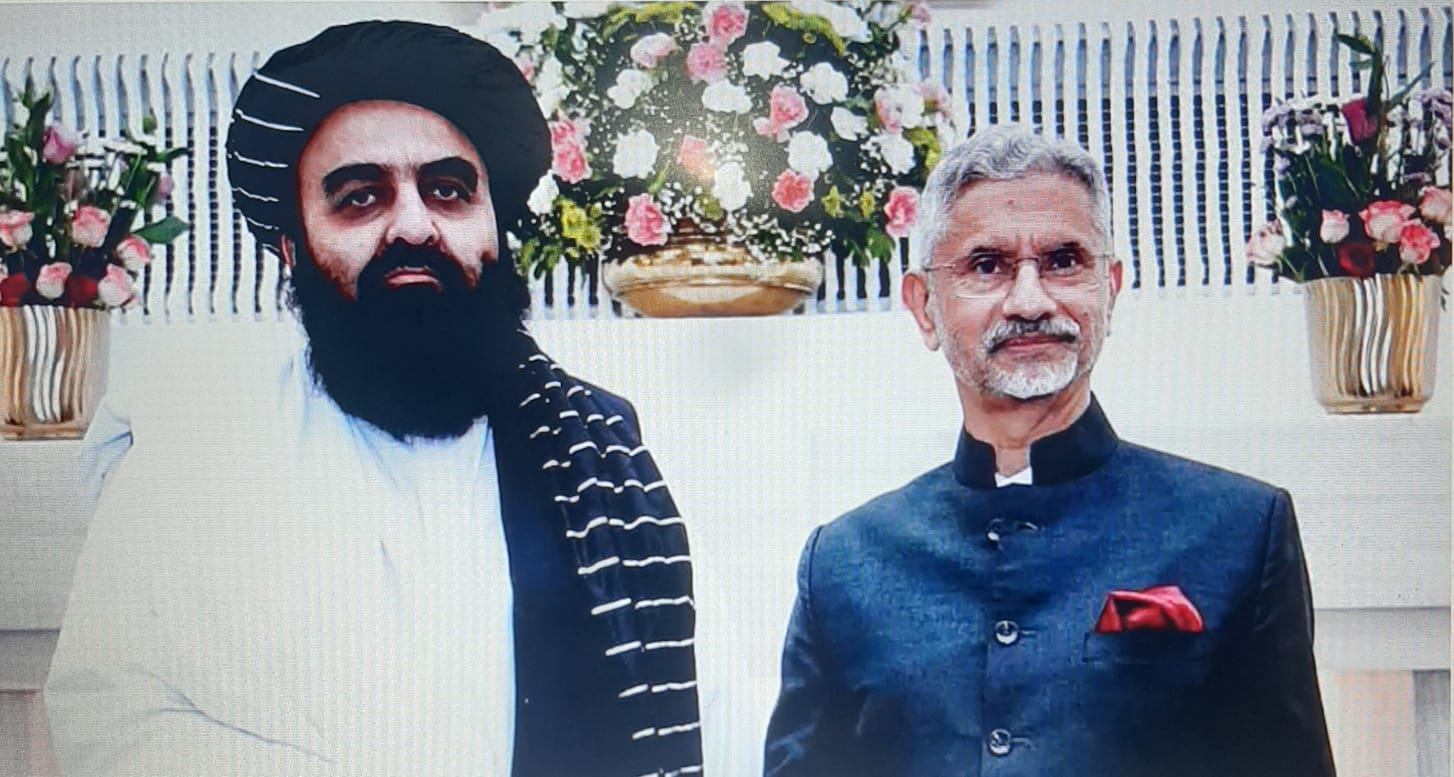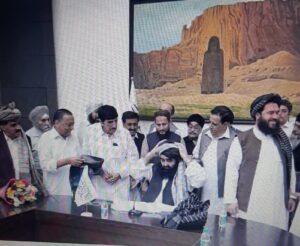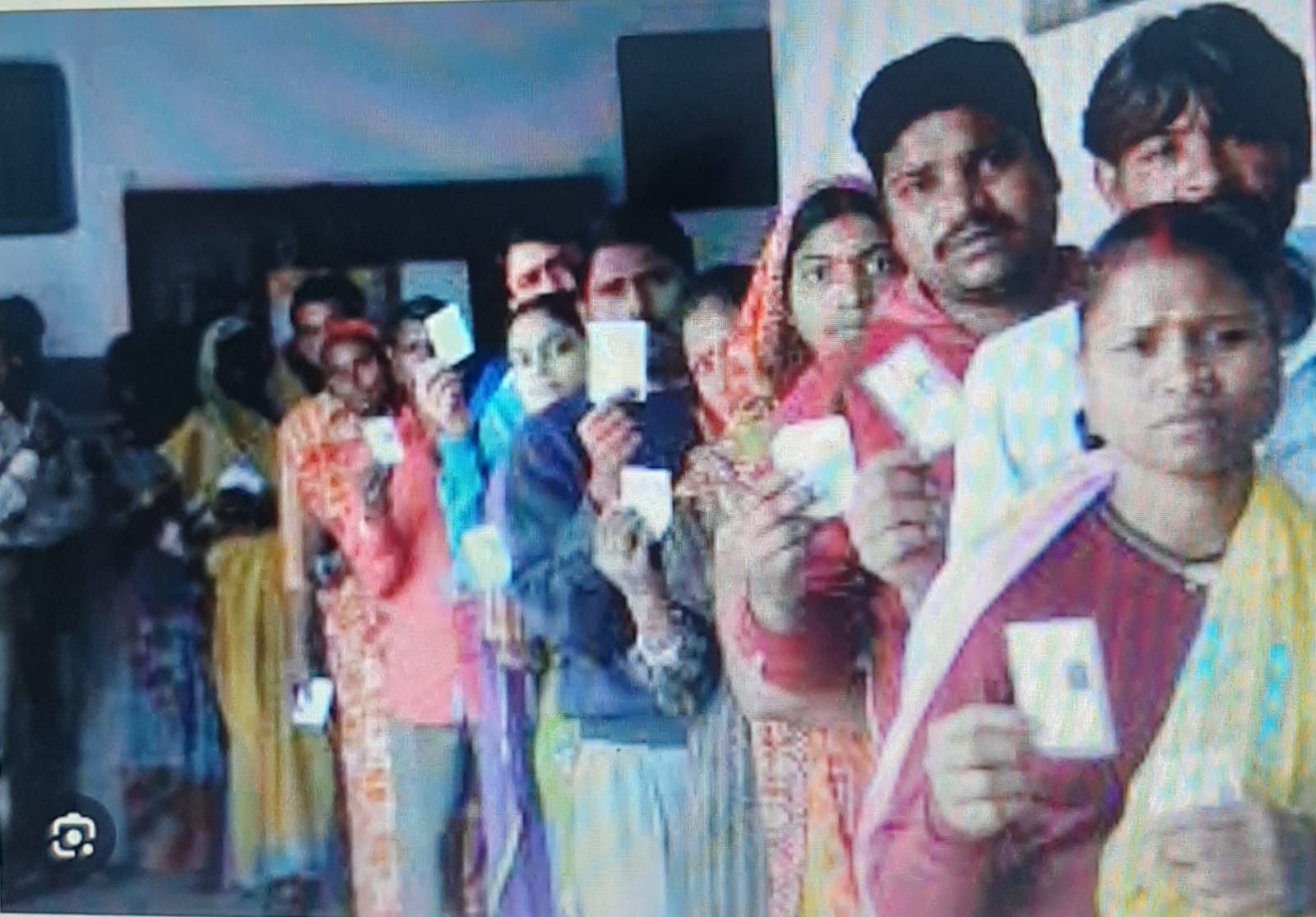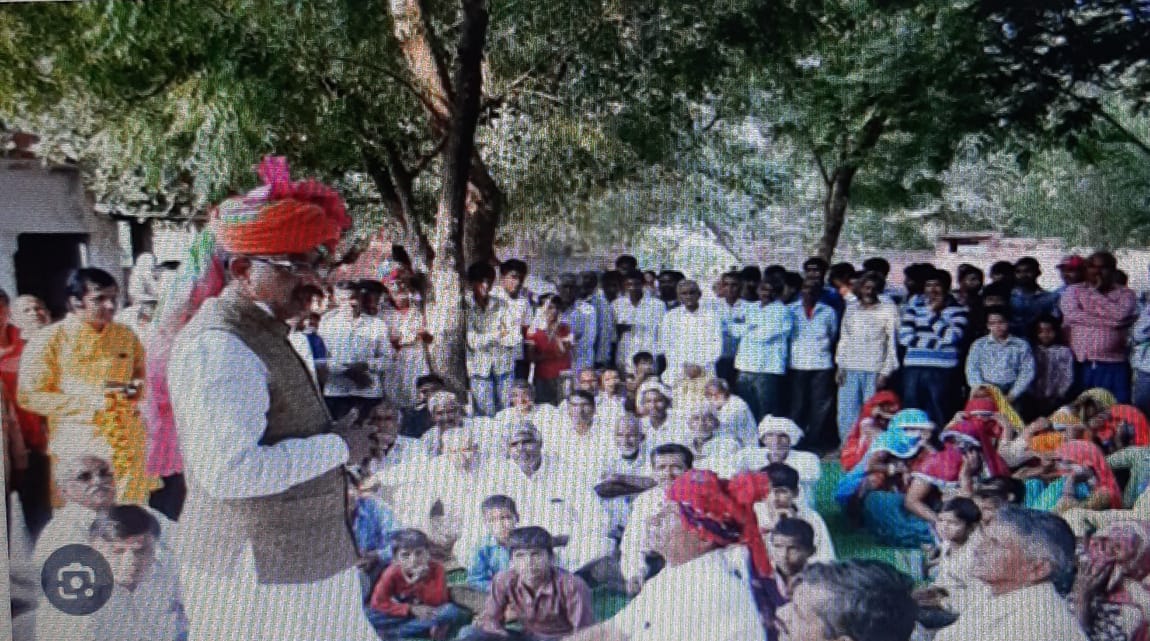
India’s reasons for maintaining good relations with the Taliban are first and foremost about advancing its national interest. Delhi’s biggest concern is security, and especially the activities of the Islamic State group, al-Qaeda and other India-focused militant outfits. The Taliban minister has assured Delhi they will not allow Afghan territory to be used for terrorist activity against India, writes M Hasan
Leaving the bitter memories of December 1999 behind when hijacked Indian Airlines flight (IC 814) landed in Kandhar and then “Taliban regime” in league with Pakistan ISI agents played a dubious role, the Indian government for sheer geopolitical reasons seems to be carefully moving ahead to reestablish diplomatic relations with Taliban government in Kabul. The significant change in Indian approach is at a time when Pakistan army is engaged in fierce fighting with Taliban forces and there has been sharp deterioration in the relationship between the two Islamic countries.
The visit of Afghanistan Taliban Foreign Minister Amir Khan Muttaqi, who was director general of administrative affairs in 1999, was previously unimaginable. The eight-day visit will conclude on October 16. Muttaqi, along with a delegation, flew from Moscow after meeting Russian leaders. Russia is the only country which has so far recognized the Taliban government, which had seized the power in August 2021. While Muttaqi, after meeting the Foreign Affairs Minister S Jaishankar, has announced to appoint some diplomats in Delhi, Jaishankar by calling Muttaqi as “Afghanistan Foreign Minister” has given broad indication about future course of diplomatic upgradation. As of now India has “technical mission” which is likely to be restored in its pre-Taliban period with appointment of an ambassador.

On Monday a 13-member delegation of Afghan Sikhs and Hindus, who had moved out of the country following Talibani violence met Muttaqi in Delhi to discuss their return to Afghanistan. Muttaqi said they were most welcome to return and restart their business. In view of Talibani violence against these people, the Indian government had offered them citizenship under NRC. While the visit is being seen as a ramping up of India’s Afghan policy, it is a major setback for Pakistan, which historically had close ties with Taliban regime. Muttaqi has been granted temporary exemption from UN sanctions to travel first to Russia and then Delhi.
The astonishing fact is that neither Islamabad, Delhi nor the Taliban could have anticipated that so soon after taking power, the Taliban’s relations with Pakistan would deteriorate to such a degree, while India would establish a multilateral relationship with the new government in Kabul.
Delhi used to support the Western-backed Afghan government, which the Taliban drove from power, and this visit illustrated pragmatism and realpolitik on both sides, indicating they are serious about upgrading diplomatic, political and trade links.
“Closer cooperation between us contributes to your national development as well as regional stability and resilience,” Jaishankar said. He also affirmed India’s “full commitment to the sovereignty, territorial integrity and independence of Afghanistan”, which seems to be an indication towards Islamabad. Meanwhile, Muttaqi called India a “close friend” and added that his visit would improve relations between the two countries. While asserting Jammu and Kashmir is a bilateral issue between India and Pakistan Muttaqi also condemned terrorists attack in Pahalgam in Jammu and Kashmir. Muttaqi’s comments are also targeted against Pakistan-sponsored terrorists.

Muttaqi’s trip comes against a backdrop of worsening ties between both India and Pakistan, and Pakistan and the Taliban government. Political observers believe that the deterioration in ties with Pakistan also allows Taliban to hedge their bets and show how it is no longer dependent on Islamabad for its survival – carving out an identity separate from their over-dependence on Pakistan. Deeper engagement with India also gives the group a chance to create a perception of legitimacy for their domestic constituents, as Kabul has always strong relations with Delhi. It may be recalled that Taliban had taken offensive when after the fall of Kabul in 2021 the Pakistani army-ISI officers have landed there to guide them.
India’s reasons for maintaining good relations with the Taliban are first and foremost about advancing its national interest. Delhi’s biggest concern is security, and especially the activities of the Islamic State group, al-Qaeda and other India-focused militant outfits. The Taliban minister has assured Delhi they will not allow Afghan territory to be used for terrorist activity against India. Ties with the Taliban are also key to Delhi’s desire to deepen connectivity with Iran and Central Asia to counter China and Pakistan’s influence in the region. Despite deepening ties between India and the Taliban government, both sides are cautious. Their relationship remains tactical due to reservations over what happened in the past, as well as various domestic considerations and possible foreign repercussions.
(M Hasan is former Chief of Bureau, Hindustan Times, Lucknow)









